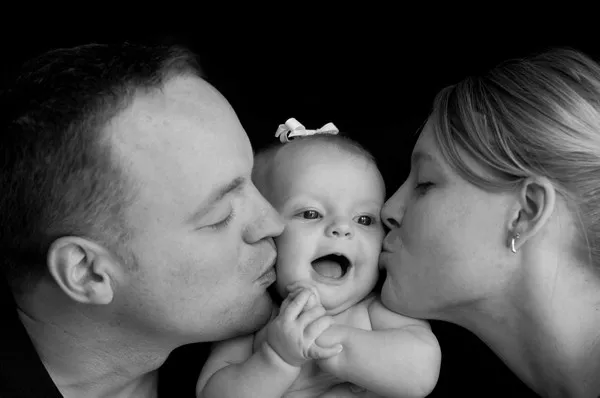In the journey of parenthood, one of the essential skills every parent must master is the art of burping their infant after feeding. Proper burping not only ensures your baby’s comfort but also plays a significant role in preventing colic and other digestive discomforts. In this comprehensive guide, we will delve into the world of burping techniques and answer the burning question, “How long should you burp your infant after feeding?”
1. Why Burping Matters:
Before we dive into the details of how long to burp your infant after a feeding session, it’s crucial to understand why burping is so essential. During breastfeeding or bottle-feeding, babies tend to swallow air along with milk. If this trapped air isn’t released, it can lead to discomfort, gassiness, and even colic. Burping helps expel this excess air, ensuring a more peaceful and content baby.
2. Timing is Key:
Burping your baby at the right time can make a world of difference in their comfort. To ensure effective burping, follow these steps:
a. Mid-Feeding Burp: If you’re feeding your baby from a bottle, pause and burp them when they’ve consumed about half of their bottle. For breastfed babies, switch breasts and burp them when you switch sides.
b. After Feeding Burp: After the feeding session is complete, burping your baby is essential. Hold your infant upright against your chest and gently pat or rub their back until they burp.
c. Post-Position Change Burp: If you’ve changed your baby’s position (from lying down to upright, for example), it’s a good idea to burp them again. This can help release any remaining trapped air.
3. Signs That Your Baby Needs to Burp:
Understanding the cues that indicate your baby needs to burp is crucial. Look out for the following signs:
a. Fussiness: If your baby becomes irritable or fussy during or after a feeding, it’s a clear sign that they might need to burp.
b. Spit-Up: Excessive spitting up after a feeding can be a sign of trapped air.
c. Arched Back: If your baby arches their back or seems uncomfortable, try burping them to alleviate their discomfort.
4. Duration of Burping:
Now, let’s address the central question: “How long should you burp your infant after feeding?” The duration of burping can vary from baby to baby, but here’s a general guideline:
a. 10-15 Minutes: Most babies will burp within 10-15 minutes of gentle patting or rubbing. However, some may take longer.
b. Multiple Attempts: If your baby doesn’t burp within the initial 10-15 minutes, don’t worry. Try burping them for a bit longer or after a diaper change.
c. After Every Feeding: Remember to burp your baby after every feeding session, even if they burped midway through the meal.
5. Experiment with Techniques:
Every baby is unique, and what works for one may not work for another. Experiment with different burping techniques to find what suits your baby best:
a. Over-the-Shoulder: This is the classic burping position, where you hold your baby against your shoulder.
b. Sitting on Lap: Sit your baby on your lap, supporting their chest and head, and gently rub or pat their back.
c. Face-Down on Lap: Lay your baby face-down across your lap, supporting their head, and burp them with gentle pats.
d. Face-Up: In some cases, babies may prefer being burped while lying face-up on your lap, with their tummy gently pressed.
6. Be Patient and Gentle:
Lastly, remember that burping should be a calm and gentle process. Rushing or using excessive force can lead to discomfort or even spit-up. Take your time, and enjoy this bonding moment with your baby.
In conclusion, burping your infant after feeding is a vital aspect of infant care. While there’s no fixed duration for burping, it’s essential to pay attention to your baby’s cues and be patient throughout the process. Experiment with different techniques, and always prioritize your baby’s comfort and well-being. By mastering the art of burping, you’ll help ensure a happy and contented baby, making the parenting journey a smoother one.


